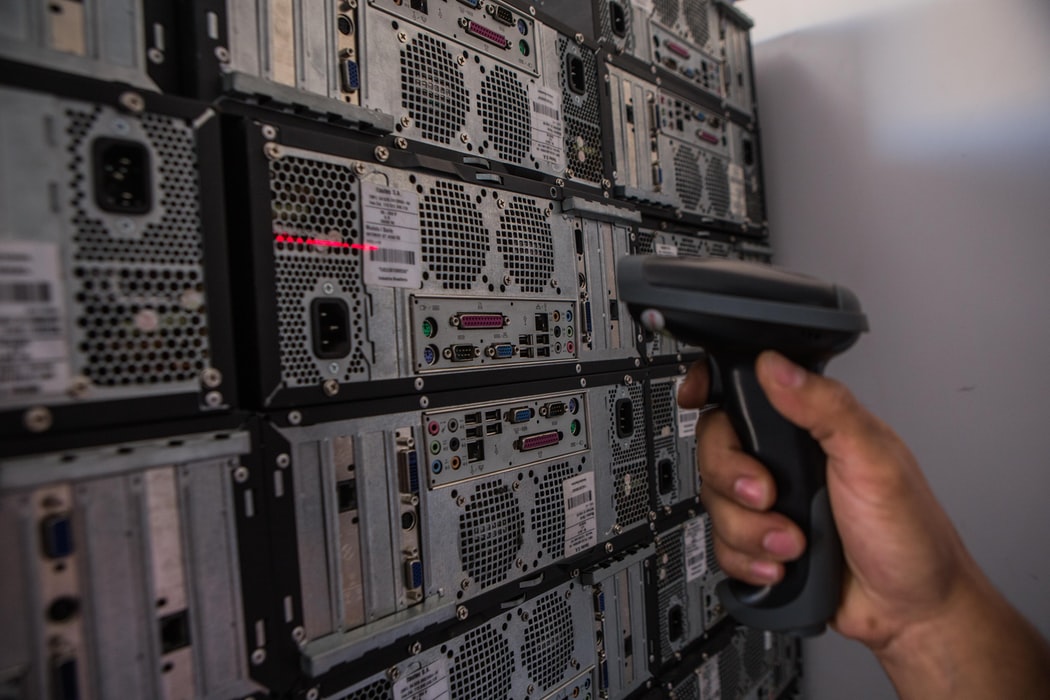
In an industry full of murky and misleading information, the best way to explain the pitfalls in the IT hardware industry is to break down the IT hardware lifecycle and how refurbished IT hardware fits into that lifecycle. The lifecycle, as a whole, is not exclusive to third party maintenance (TPM) companies, but is also used by virtually all OEMs as well. While the process is very much the same for both instances (TPM vs OEM), there are some key differences that are very much worth noting and we will go over them together.
At the first stage of the IT hardware lifecycle, there are three scenarios for an entity to obtain the equipment they wish to use in their data centers. Either they will buy or lease it new directly from the OEM (or an authorized retail distributor for that OEM), they will buy refurbished equipment from a third party vendor that will usually include some type of warranty, or they will source refurbished equipment from an online entity that doesn’t include a warranty and is sold “as-is”(this is the riskiest way to obtain equipment).
From this point, the process will vary a bit, as some entities will cycle their IT hardware frequently, while others tend to use their hardware for extended periods of time before considering upgrades or replacements, or in some cases just a decommission. However, no matter when or under what circumstances an entity is ready to discontinue use of a specific piece of equipment, it is removed from their facility and is likely to go to one of the following:
Back to the OEM (maybe as a trade-in program or similar)
Back to a hardware leasing company’s asset storage facility
A recycling center
Sold to a third party vendor or maintenance company
Of course, those are just the most common scenarios but there will always be exceptions. Please keep in mind, although there have been a lot of changes in the industry during the two plus decades I have been refurbishing and maintaining IT hardware, this has always been how the first stages of the IT hardware lifecycle have run. So if that is how the first stages of the lifecycle run, how do refurbished parts fit into the rest of the lifecycle, and how does this affect you?
Let’s start with OEMs and their role in the lifecycle. An OEM is the entity that will build and distribute brand new hardware along with a factory warranty. They will also offer extended warranty maintenance on that hardware until they deem it no longer viable to service, called end of service life or EOSL. During the period the OEMs are supporting this hardware, they have two sources of parts for any repairs they need to make. They have brand new parts that were manufactured to be used by OEM engineers to service machines, and they have refurbished parts that have been reclaimed from hardware that came back to them during the first stages of the lifecycle. Many of the refurbished parts that OEMs use to service their hardware have some type of marking on them stating it is a “certified reutilized part” or something similar.
Now we will take a look at hardware leasing companies and their role. When hardware has finished its first lifestyle stage and comes back to the leasing company, that “off lease” hardware will fall into two categories. Category 1 is hardware that doesn’t have value except as scrap material and will usually be disposed of by a hardware recycling service. Category 2 is hardware that still has value in the marketplace and can be reused. That hardware is typically sold to a vendor or third party maintainer who will then test and resell or reuse the machine or its parts. As a third party maintenance company that also specializes in hardware refurbishment, it is in this particular area that we excel and why you should look to us for your third party hardware sales and maintenance needs.
Unlike other vendors and third party maintainers, we break down, refurbish, and stress test all the hardware that comes through our facility at above industry standards. But what does that mean exactly and how are we better than the rest of the industry at refurbished hardware? Allow me to give you a very common example. When a tape drive comes into our facility, we don’t just blow some compressed air in it, make sure it powers on, and put a cleaning tape through it. We take the time to completely disassemble the tape drive, clean it thoroughly, replace any faulty or worn parts, reassemble it, and then run a full end of tape diagnostic on the drive. For those unfamiliar with the industry, this means we not only run a standard OEM diagnostic on the tape drive, we actually write and then read the entire length of a data cartridge with the tape drive, which is the only way to ensure full functionality. This diagnostic alone can be a 6 to 12 hour process, and is just one example that shows how our processes, as much as humanly possible, ensure our parts are 100% ready for use.
This same care and precision is taken to test every type of part in our facility. No matter if it is sold at retail, or used for an existing paid maintenance customer, the parts quality never deviates. Full overhaul refurbishment and stress testing above industry standards - including putting the part into its native environment to ensure it works as it should. We do not take shortcuts and we warranty our parts above industry standard as well. So when you put your hardware under maintenance with Top Ten USA, you can rest assured that your hardware will be serviced with only top quality parts that we stand behind. This is the IT hardware lifecycle and how refurbished parts fit into the mix, specifically with your maintenance contracts and their parts consumption.
But we also understand that not everyone needs a maintenance contract. Sometimes, an entity may just need a single part to fix a single machine. Sometimes they want to buy an entire machine to integrate into their existing environment. We have that covered as well. At Top Ten USA, we offer the same quality parts across the board, whether we are servicing your hardware as one of our maintenance customers, or if you just need to buy a specific part from us. But this is also the future, where e-commerce and online purchasing can streamline this process. We thought of that too.
Enter The Rocket Platform. Our new e-commerce platform designed to address every pain point in the IT hardware industry that we have encountered throughout two plus decades of experience. Quality tested parts, test results available directly to the user, order history and tracking, NET terms payments, and even a low cost self maintenance plan called RocketPlus™. The Rocket Platform truly is the next generation of IT hardware parts distribution and support. I’ll save the specifics for another day with another post, but please feel free to check out The Rocket Platform website to see all the products and service we offer, all with the same great quality you have come to expect from Top Ten USA.
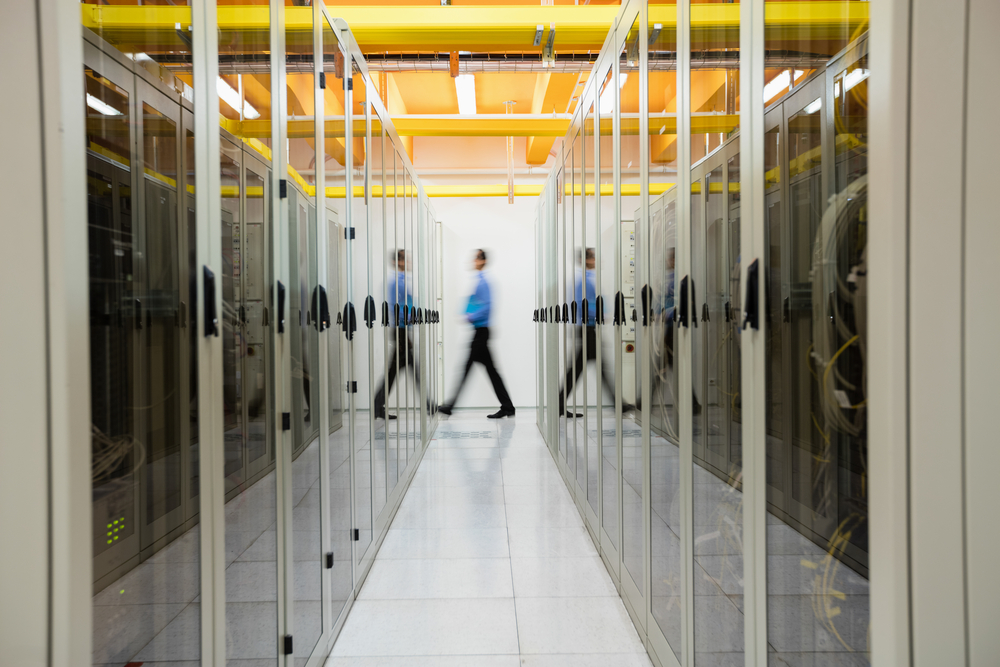
This is an age-old discussion in the IT industry. Often it seems that it is made out to be an either/or ...
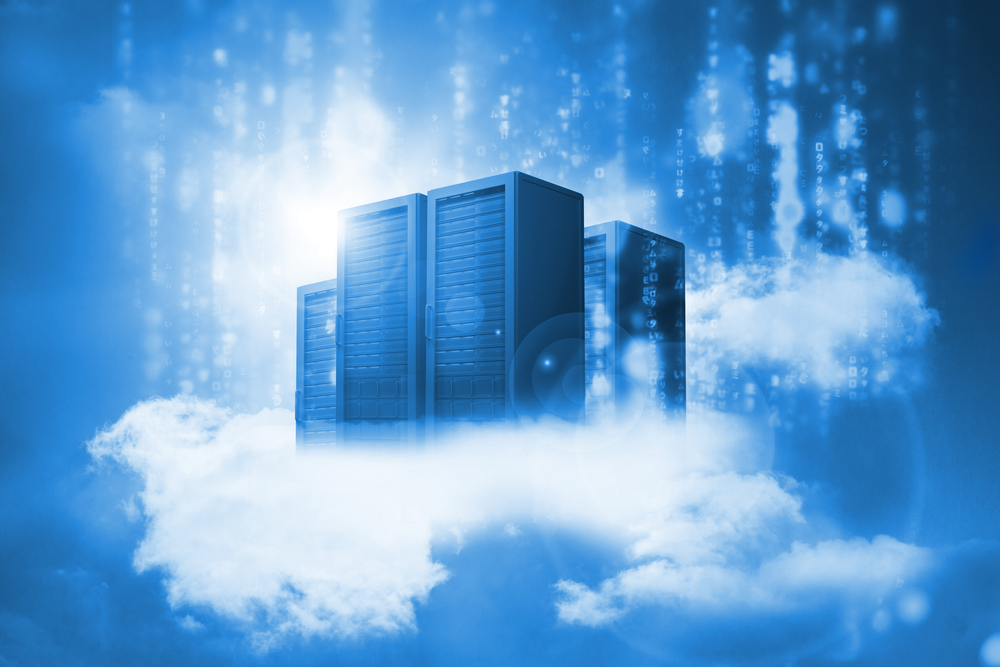
“Tape storage? That’s so outdated!” So goes the judgement in today’s IT world, with cloud infrastructure...
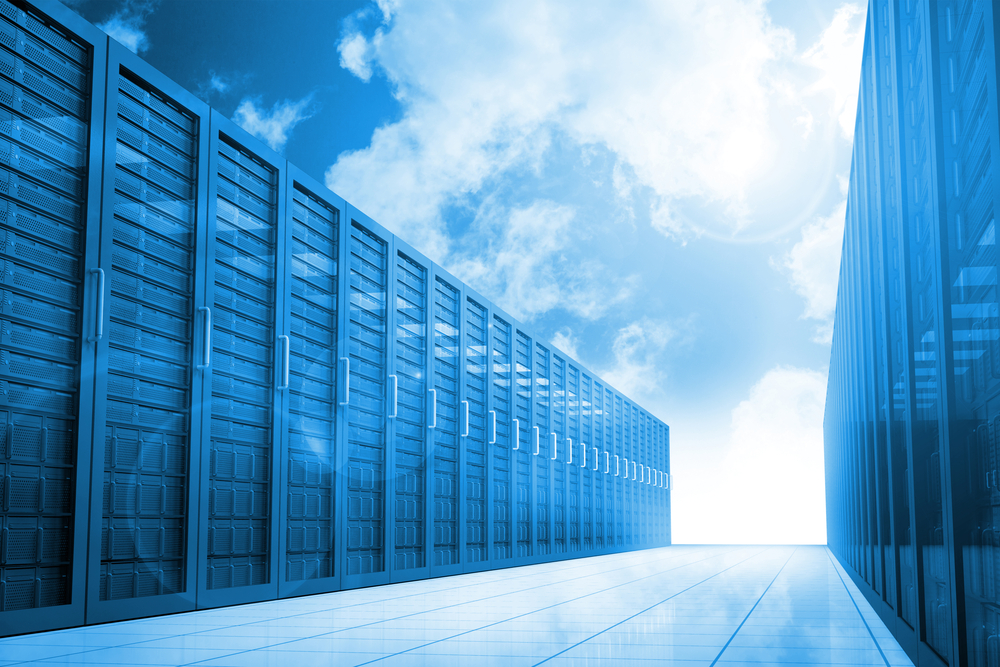
In talking to many clients throughout my career, one of the top trending things I have heard is about sw...
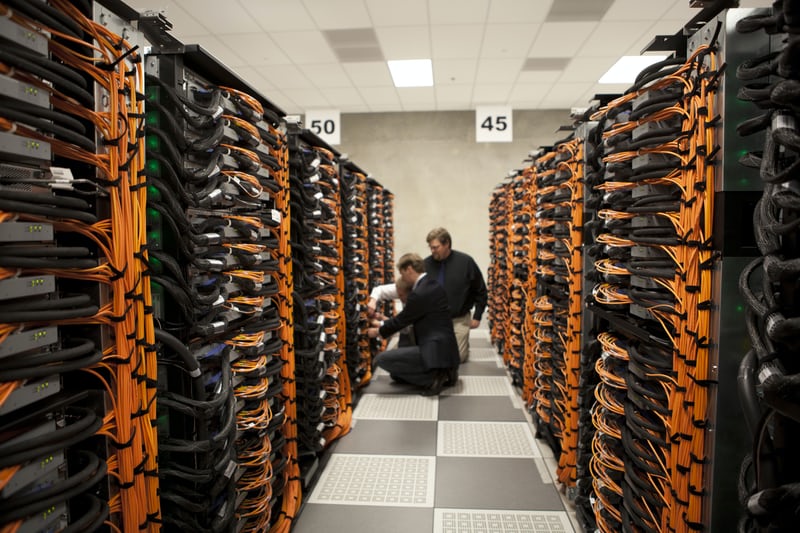
The 2023 economy is setting up to be a tricky one to forecast. Political turmoil, stock market and inves...